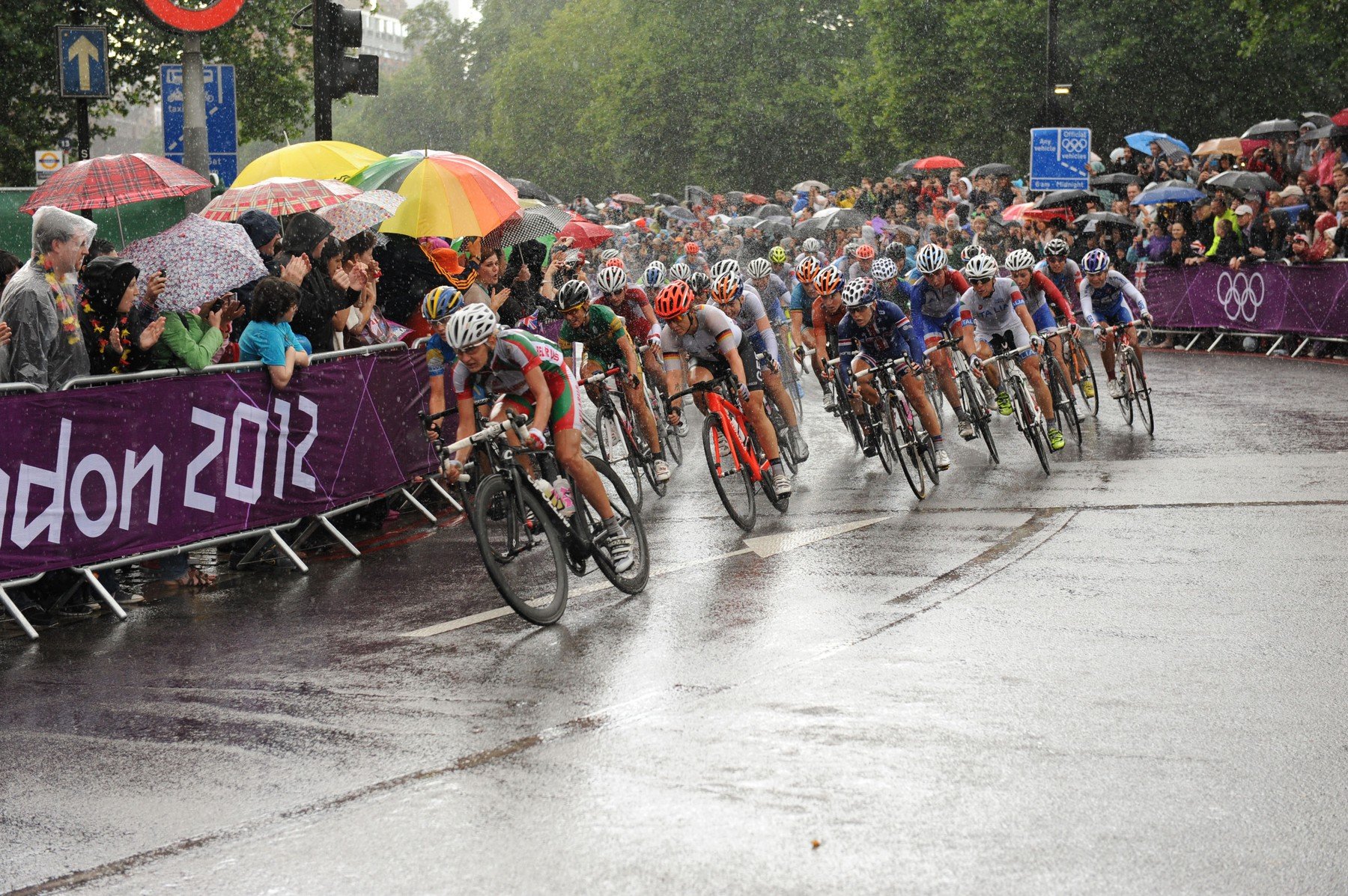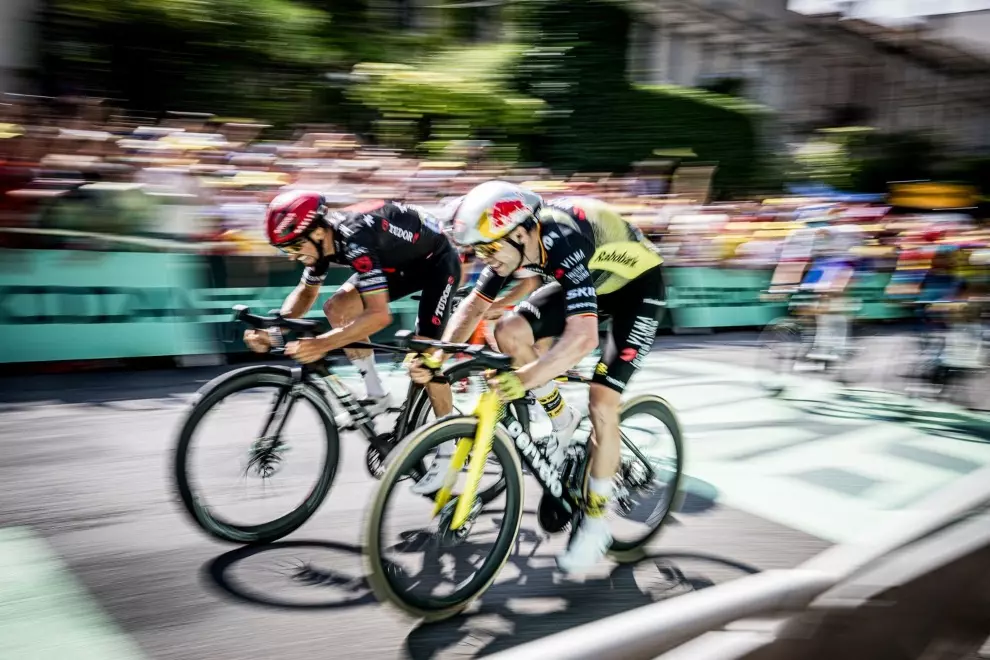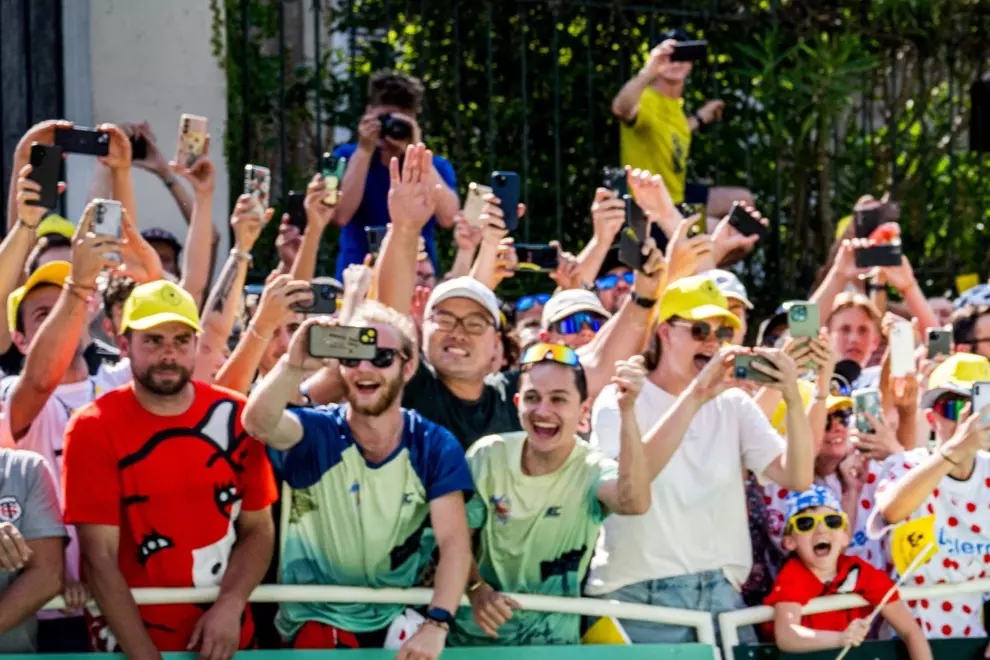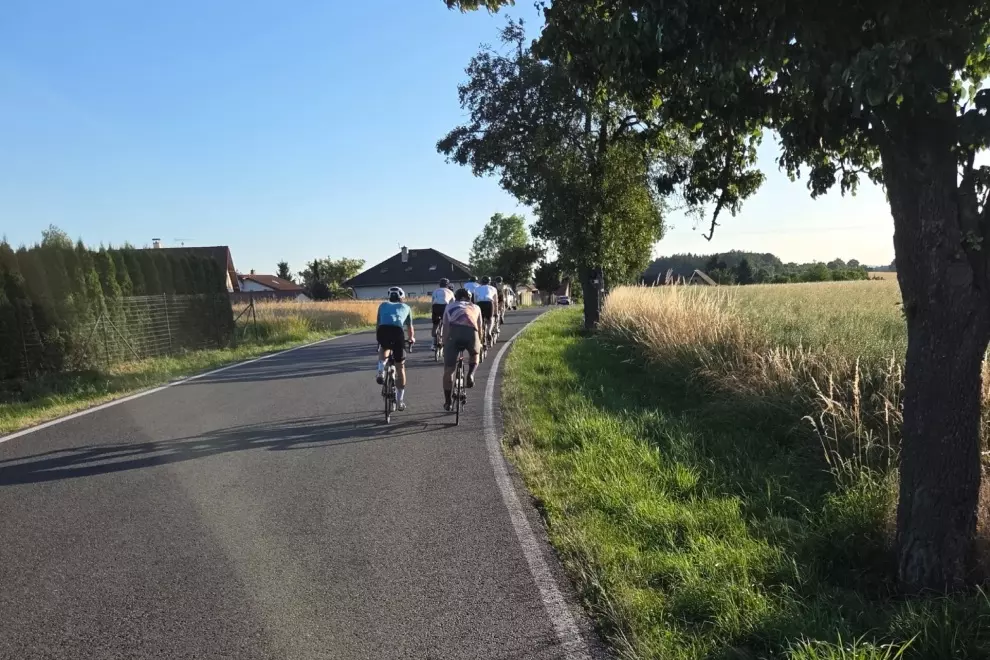Being a good teammate is about being able to sacrifice for the good of the whole, and that rings especially true for women’s cycling. In addition to less than ideal conditions at many races, lower sponsor support, and a relentless training schedule, these women have to compartmentalize frustrations about inequality within the sport to focus on working together and doing what they love. Especially for young riders, navigating the dynamics of team life can be a big obstacle to overcome. To better understand, we spoke to two riders from Maaslandster International Women’s Cycling Team about what it takes to make a team work.

It takes humility to succeed
Amy Hill, who is 23 and has been racing competitively for almost a decade, learned the number one rule at a young age. She told us that “you have to be willing to do anything for that lead rider, without giving it a second thought.” As most of the tactical decisions in road racing stem from leveraging the effect of wind resistance to increase the overall speed of the group, no one can be in pursuit of personal glory. Communication is also key, and Hill explained that “if you are in the lead, you need to tell your teammates how you’re feeling without shouting when all they are trying to do is help.” And as always, the golden rule applies, “you realise that how you treat your teammates, is how you will be treated in return,” she readily admits.
It requires a lot of mental discipline
In addition to the rigorous physical training, that kind of flawless communication takes serious brain power. One of the most important lessons for Bronwyn MacGregor, who also rides for Maaslandster, was that you “need to work on your mental ability in order to make sure you are prepared for the various ups and downs that inevitably come with the sport.” You can’t be there for your teammates if you’re letting every upset get under your skin.
A teammate doesn’t have to be a friend
Part of this process is acknowledging that you probably won’t become friends with everyone on your team. Compromise plays a big role and you have to pick your battles, especially when you’re living with teammates you might struggle to get along with. Hill explained that, “having lived with some difficult teammates in the past, I’ve realized that in some situations – it is best to just bite your tongue. With many riders living away from their family for the first time when joining a team, Hill acknowledges that it’s important to be understanding, “everyone was brought up differently and doesn’t follow the same rules.”
Be comfortable being a teacher and a student
MacGregor, who describes herself as a “peacekeeper” among the group, explained that being there for everyone can take a toll. That being said, she believes it is important to do more than just tolerate, because when a team really coalesces – all riders will have the largest learning opportunity. In describing how she helped out a teammate with her climbing in exchange for guidance when it came to sprints, MacGregor explained that being on a team is about helping each other develop not just as riders, but as people.

At the end of the day, it’s worth it
When asked about whether her teammates have made her a better person, Hill replied with an enthusiastic “yes, even the ones I found very difficult. We help each other, and I’ve learned how to deal with different personalities.” MacGregor agreed, explaining that the best part of being on a team is the ability to share collective accomplishment and meet other incredible women: “The best is when you achieve something together and you know you have played a part in attaining that goal. I have also made amazing friends and gotten opportunities from girls on the team that I never would have had otherwise.”
We’re glad to hear these women are sticking together. As Hill nicely summarized, “there is a progression in the promotion of women’s cycling and it is becoming more equal. But women need to understand that it won’t change overnight, but we will get there, there are people who want to help and people who want to watch.”





